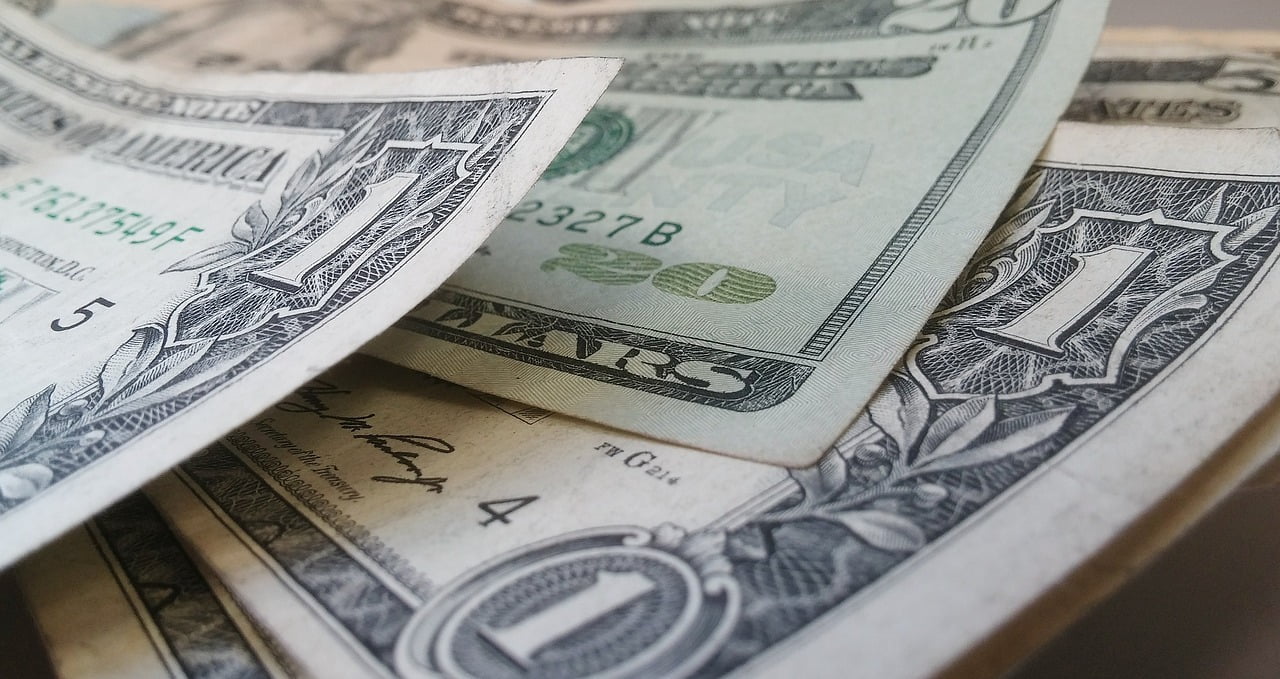A recent study by U.S. Bank revealed that 82% of business failures are due to poor cash-flow management and poor understanding of its importance. If you have a business, you need an emergency fund.
What Is a Business Emergency Fund?
An emergency fund is money set aside for the unexpected. You set up an emergency fund to help you navigate through unforeseen and critical situations in your personal life. Your business needs one as well. It is not a luxury; it is an absolute necessity.
Your business emergency fund is also known as retained earnings. Retained earnings are any monies that your business has left over after all its operating expenses, including payroll and taxes, have been dealt with.
You must have money (retained earnings) to continue to operate and pay your employees (and yourself) during an emergency.
Planning for an Emergency Fund
Any business has both mundane and momentous events that can impact operations and profitability. An emergency business fund will help to mitigate and prevent both small financial hiccups and large financial disasters.
When dealing with an emergency fund, planning is of the utmost importance. Businesses implode because of a lack of planning. Start planning and saving now so you have proper funding to cover these common situations.
Emergencies
An emergency fund for your business is, well, for emergencies. It is there to help your small business survive a financial crisis. These sudden events can happen to your business just as they can in your personal life. When you have a financial safety net for your business, your business will continue providing services irrespective of the situation at hand. Most times, the ability to keep your business running in stormy times can be the difference between a failed business and a success story.
Cash Flow Issues
Cash flow is a significant reason many businesses fail. This is a fundamental reason for you to work toward having an emergency fund. For instance, if you run your business on an invoicing model and invoices are not being paid on time, your emergency business fund will help ensure you can pay your employees and other creditors.
Your employees are a vital part of the success of your business, so it is in your best interest to ensure they are not left without paychecks due to cash-flow issues.
Opportunities
An effective way to grow a business is being able to seize opportunities when they come around. Of course, most of the time, there are risks involved with the opportunity. Having an emergency fund provides you with the necessary capital to take advantage of opportunities while protecting your business. A business emergency fund will ensure that your financial wellbeing is not jeopardized by taking advantage of opportunities.
How Much Should You Save?
Typically, the amount you need to have in your personal emergency fund should be from three months to one year worth of expenses. You need to apply the same rule to your business. Ensure that you have between 3 – 12 months’ worth of operating costs. Some factors will affect how much you need, such as your industry/type of business, dependability of your income sources and your operating costs.
Where Should You Stash Your Cash?
Having decided how much to save, you will need somewhere to keep the money. The stock market is not an ideal place to keep these funds because of the associated risks and access issues. The idea is for the money to be liquid and easily accessible.
There are several options for short-term investments, including money market funds, savings accounts, and certificates of deposits (CDs). Find out the best-paying interest rate online, or talk to your bank about negotiating a better rate.
As you work toward building your business emergency fund, remember it is not a luxury; instead, it is an absolute necessity. Without enough cash to cover your operating costs and payroll, your business is doomed to fail. Start small, and work toward building your business’s safety net. Your business can thank you for having a successful future, and so can your employees!





